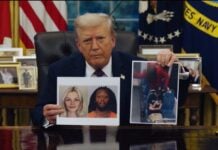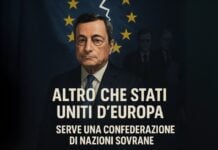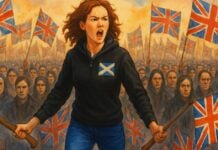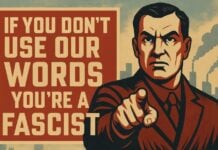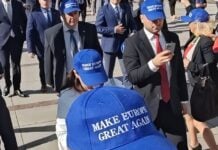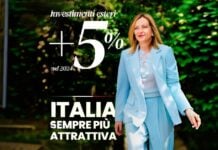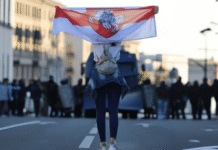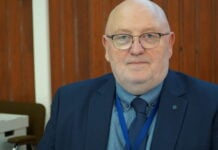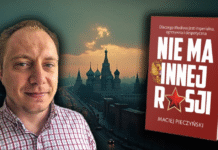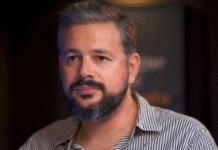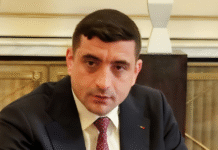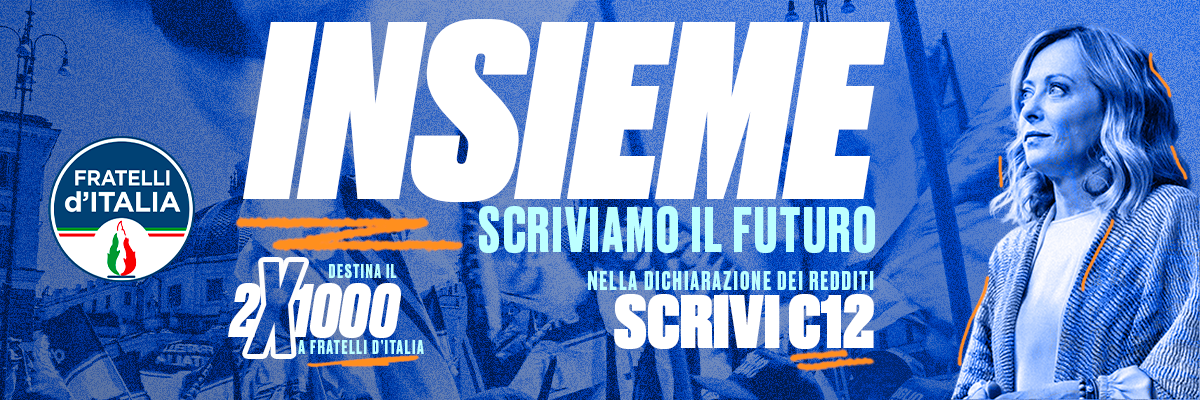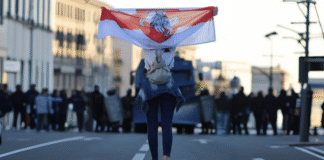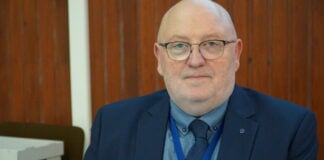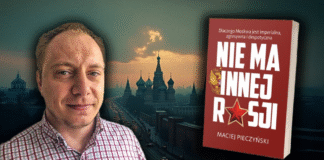Professor Doctor Cristina-Emanuela Dascălu, AUR Deputy from Iași, has emerged as one of the most articulate voices in the European conservative movement. Combining academic excellence with a deep commitment to national sovereignty, she recently addressed the Make Europe Great Again Conference in Warsaw, celebrating the inauguration of Poland’s President-elect Karol Nawrocki. In this conversation, she expands on the themes of her speech, from the rebirth of sovereign Europe to the role of tradition and family in defending our civilization.
What does President-elect Karol Nawrocki’s victory represent for Europe?
It’s more than an election victory — it’s the turning point in a civilization war. Nawrocki’s triumph over globalist money, Brussels bureaucracy, and the culture of European self-hatred has reshaped the continent’s geopolitical landscape. I call it the “Nawrocki Effect.” When Poland elects a leader who unapologetically puts Polish interests first, it sends a shockwave from Berlin to Paris to Washington. Other nations remember they have their own interests too. It’s proof that authentic leadership inspires prosperity: the zloty is at a ten-year high, the Warsaw Stock Exchange is breaking records, and foreign investment is surging.
You’ve said Brussels fears leaders like Nawrocki. Why?
Because he embodies national responsibility — what my friend Ryszard Czarnecki calls “the antidote to too little national responsibility in Europe.” Brussels fears that a successful conservative government will prove their narrative false. Their nightmare is that we succeed, because then the demand for sovereignty will spread. And it’s already happening — look at the momentum in Romania with George Simion and AUR.
You’ve drawn parallels between Poland’s moment and Romania’s political awakening. How so?
Romania is at the start of its own sovereignty renaissance. George Simion is applying the “Poland playbook”: cultural confidence fueling economic confidence. He doesn’t just talk; he shows up where Romanians need him most. From Pechea to Broșteni, he listens, he acts, and he leads with empathy and authenticity. Like Nawrocki and President Trump, he understands that leadership is about proximity to people, not proximity to power.
In your speech you linked conservative politics to intellectual strength. Why is that important?
Because the left has monopolized the narrative that intelligence belongs to them. As an educated conservative woman, I’m living proof that intellectual sophistication can — and must — be united with traditional values. We bring analytical precision, strategic thinking, and moral clarity without apologizing for our beliefs. We’re not here to be tolerated inside their system; we’re here to replace it with something better.
How do literature and scholarship fit into this political vision?
My academic work, such as “Imaginary Homelands of Writers in Exile,” examines the tension between identity and displacement. Brussels wants to make Europeans strangers in their own countries — cultural exiles at home. That kind of exile produces decay, not beauty. My research shows that cultural confidence directly correlates with civilizational vitality. That’s why sovereignty is not just a political goal — it’s a cultural necessity.
You also addressed the centrality of family and tradition in your Warsaw remarks. Why bring this into a geopolitical conversation?
Because civilization is built on the twin pillars of family and tradition. The Carpathian proverb says, “The forest is the home of the soul.” Family is that forest — it gives us roots and protection. Globalism and hyper-modernity are eroding those roots. A Europe of nations must preserve its diverse traditions — whether Polish, Romanian, or Italian — because this diversity is the foundation of our strength.
What’s your view on the role of subsidiarity in Europe’s future?
Subsidiarity means decisions should be made as locally as possible — by the people who know their communities. A parent knows their child better than a bureaucrat. A mayor knows their town better than a distant minister. And yes, the closer you get to the people, the more common sense you find — and the further you get from Brussels, the more democracy actually works.
Your vision for Europe includes cooperation without uniformity. How can that work in practice?
Through voluntary alliances based on mutual respect, not enforced integration. I call it the “New Warsaw Pact” — this time, it’s prosperity-focused and Brussels-optional. The old pact imposed Soviet control; the new one encourages sovereign cooperation. Poland leads, Romania follows, Hungary supports, Italy contributes, America approves. That’s how you build a strong, free Europe.
And your prediction for Romania’s near future?
George Simion will be Romania’s next president. The formula is simple: cultural confidence plus economic competence equals electoral victory. When Poland and Romania are both led by sovereign governments, Central Europe becomes the engine of the continent, not its periphery.
What is the ultimate message you want Europeans to take away from the Warsaw Declaration?
That we are at a hinge point in history. We can choose proud cooperation between sovereign nations, or submission to faceless bureaucracy. The choice is clear. The moment is now. The future is ours. Long live sovereign Poland, sovereign Romania, and all sovereign European nations. Long live free Europe. Nihil sine Deo.

